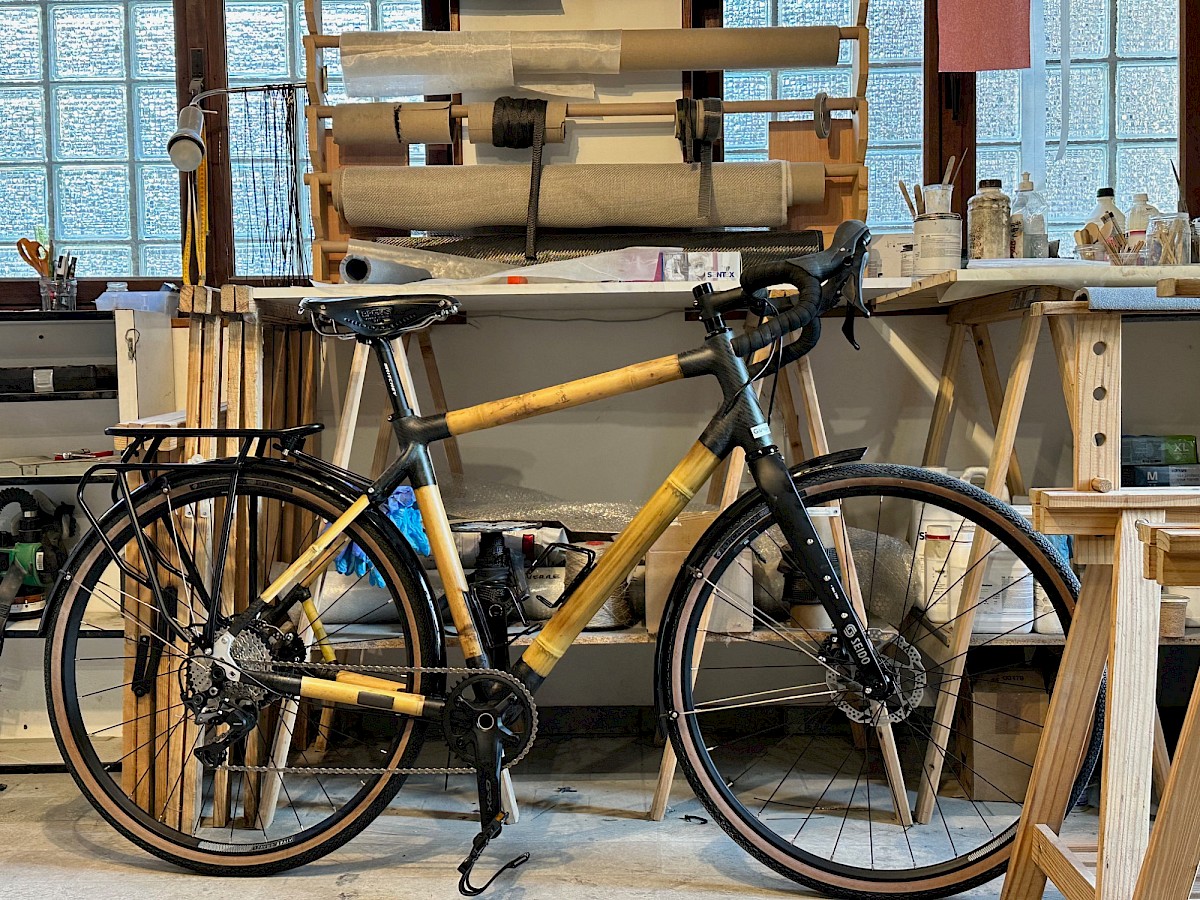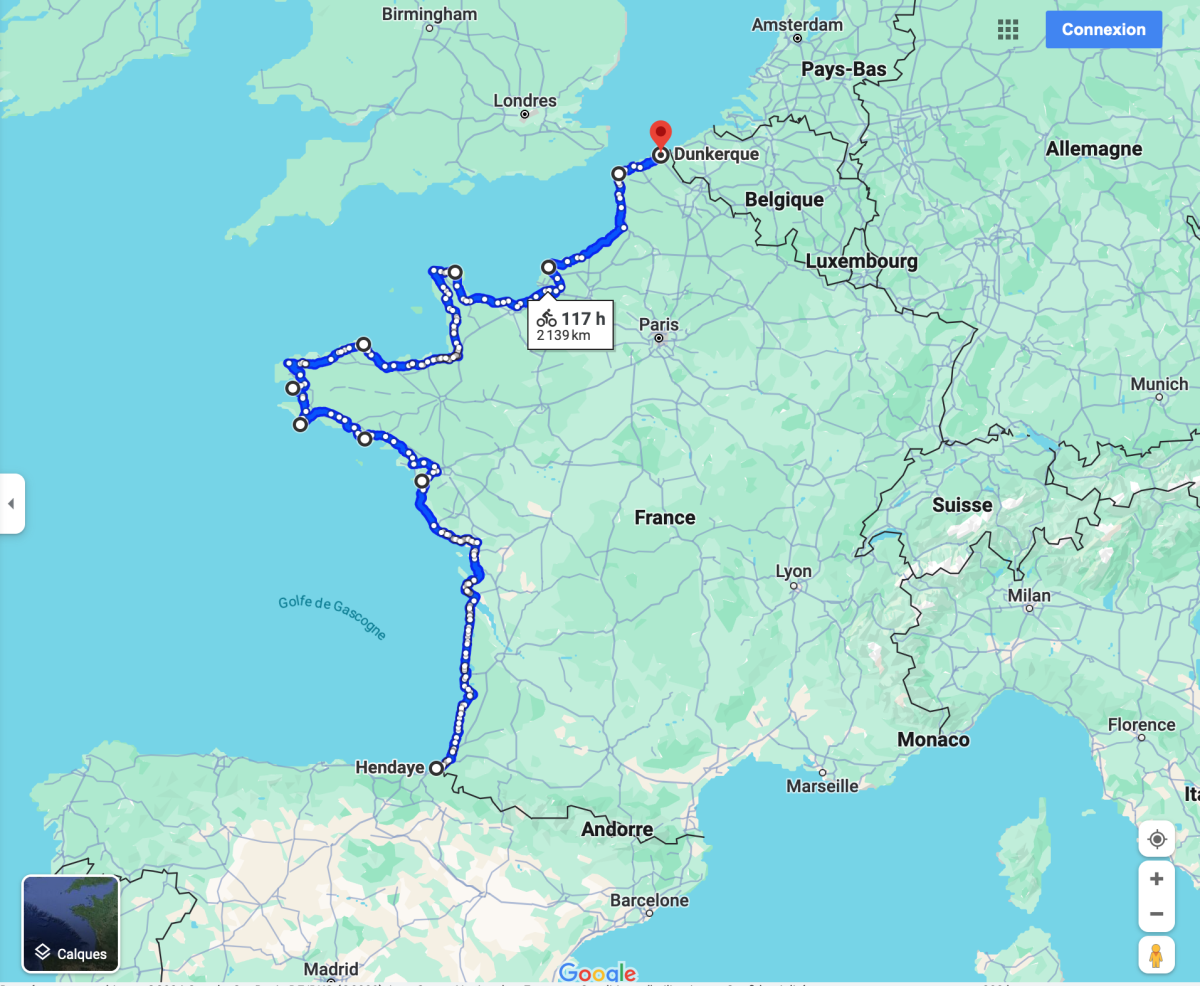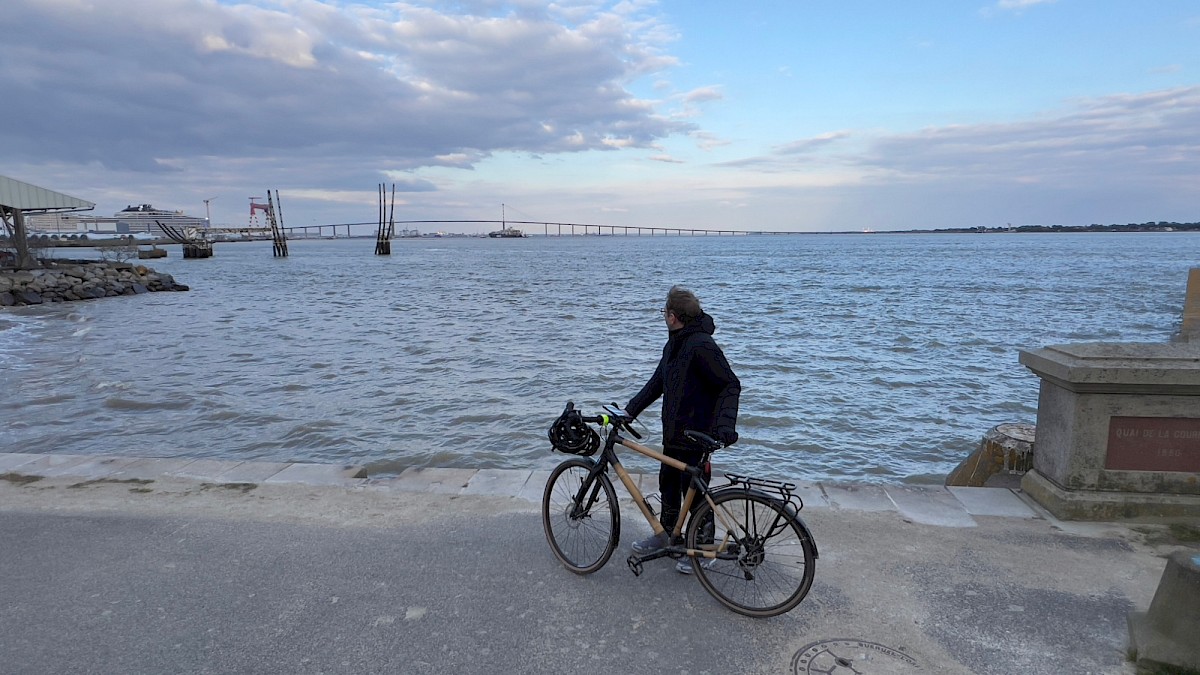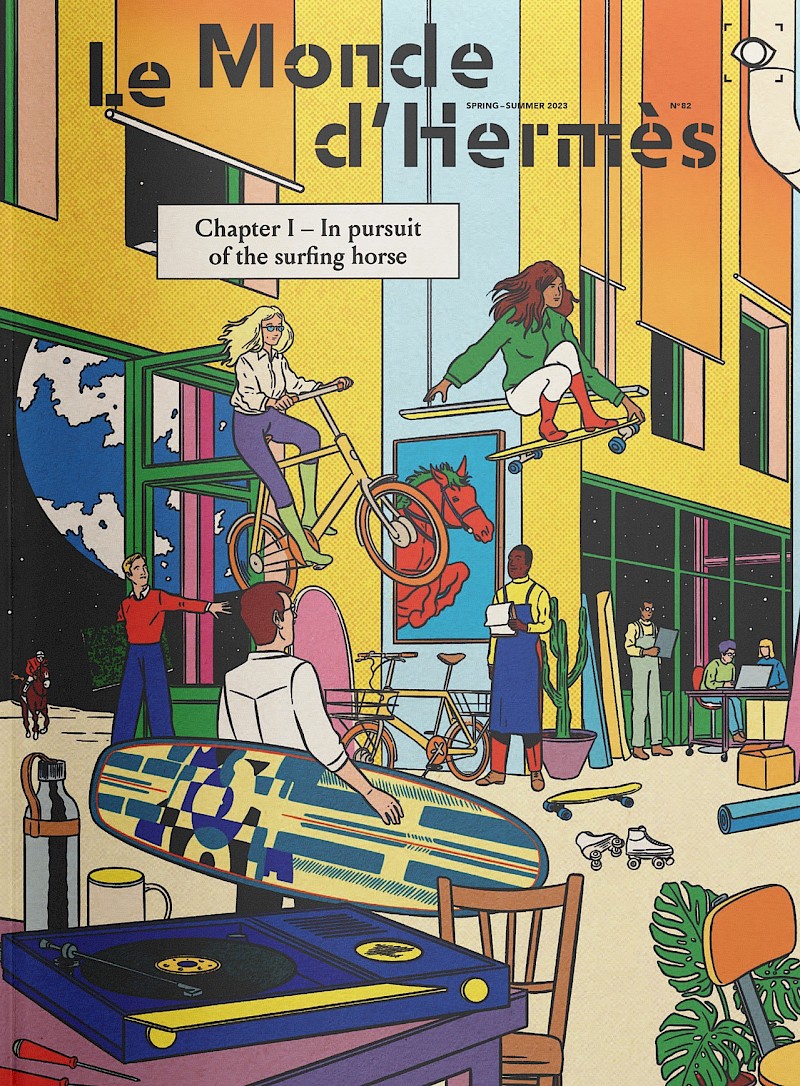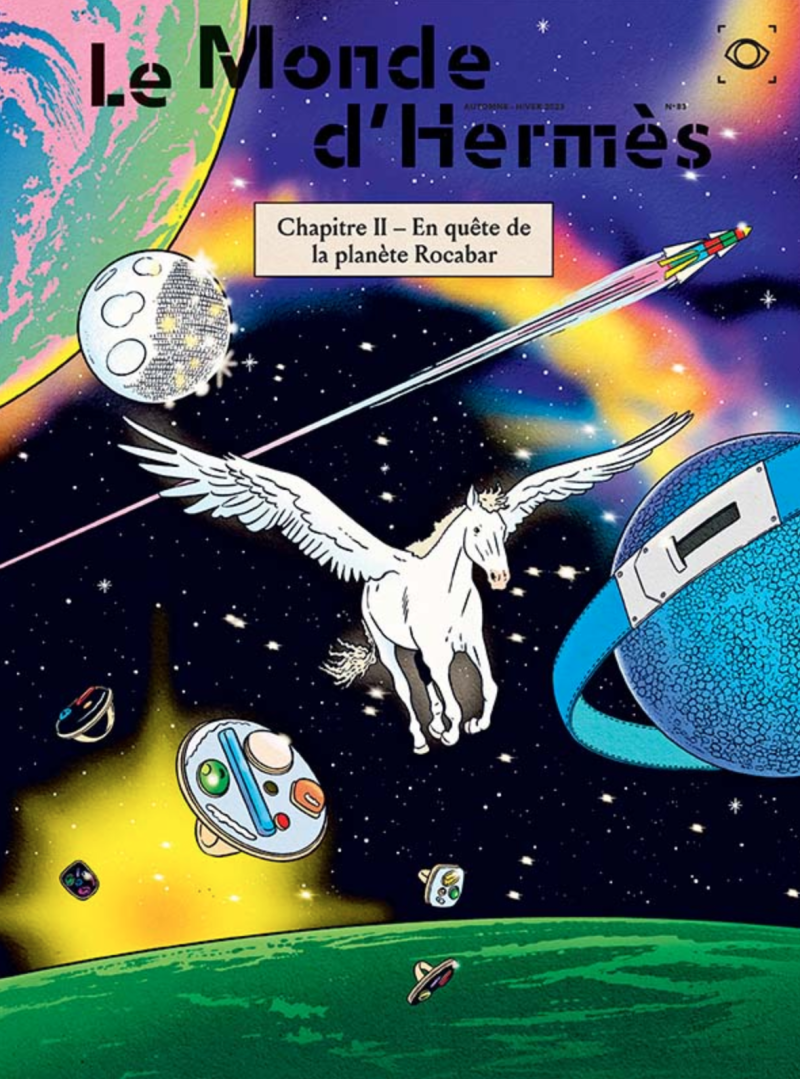The Atlantic Project
From March to June 2025, I travelled along the Atlantic coast by bicycle while writing a regular column. Situated between travel narrative and theoretical essay, this chronicle offers both a survey of the coastline in the face of the environmental crisis and a reflection on the forms of coexistence implied in contemporary ways of life and technological objects. It was an attempt to confront the “philosophy-fiction” I defend with the environmental crisis—one that restores a sense of strangeness to coasts that tourism had seemed to fully domesticate, but which now calls for a new writing of the strange, centered on the becoming of mindless bodies: waste instead of ghosts, reveries instead of stories.
Columns for Philosophie Magazine
On my Mastodon account: @PierreCassouNogues@mastodon.social
I am currently preparing a book, Toward an Ecology of Presences. From Biarritz to Ostend by Bicycle, which retraces this journey.
In the early eighteenth century, the French cartographer Claude Masse, surveying the region from the Arcachon Basin to La Rochelle, described in the texts accompanying his maps a scarcely inhabited coastline of marshes and shifting dunes that buried the few existing villages. The sea, he wrote, “makes even the bravest man’s hair stand on end.”
During the nineteenth century, the development of seaside tourism, the planting of the Landes forest, and the arrival of the railway completely transformed the coastline. Several travel guides offer a second depiction of it. Sophie de Lalaing, who traversed much of the coast on foot over four summers (1886–1890), gives an extraordinarily precise account of seaside resorts and beaches—some of which resemble those we still know today.
The two World Wars, the introduction of paid holidays, and the expansion of tourism further reshaped the coast, creating a certain image of “holidays by the sea” that one might associate with Jacques Tati’s Mr. Hulot’s Holiday.
Today, however, this image of seaside leisure seems to be dissolving in the face of the environmental crisis. Heatwaves, forest fires, freshwater shortages, water pollution, inedible shellfish, overtourism, cliff erosion, and shoreline retreat—the list of symptoms is long, and they now tie “holidays by the sea” to a peculiar kind of anxiety.
It was in order to document the state of the coastline, in this pivotal moment we are living through, that I cycled along the Atlantic coast from Biarritz to Ostend. I chose to start in Biarritz because this small town, developed in the second half of the nineteenth century, exemplifies both the promises and the present difficulties of the seaside resort. I chose to end in Ostend, where Stefan Zweig, in The World of Yesterday, recalls having learned of the declaration of war in July 1914—and of suddenly awakening from the dream of slow, stable progress toward a world that could only change for the better.
I undertook this journey by bicycle—on a bamboo bicycle I had built myself—because cycling seemed particularly suited to the exploration of a nature already and irreversibly transformed by human action, yet still belonging to something other than the human. The ambiguity of the coastline lies precisely in this: the path may be paved, yet it runs alongside the same sea that the eighteenth-century cartographer Claude Masse once gazed upon. My aim was to observe these landscapes—these very landscapes—up close, without a windshield between us, but also without turning my eyes away from the transformations they continue to undergo. It is indeed a form of nature writing, but one in which a piece of sea-worn plastic can pass for a pebble more vividly colored than the rest.
My aim was also to reflect on how literature and philosophy can confront the environmental crisis today. This means not only writing—or describing—the crisis, but doing so without taking the place of geographers, climatologists, or sociologists. It is both a question of writing and a question of domain.
In the current division of disciplines, philosophy has no empirical domain of its own. The statement “Sea levels will rise by at least 1.5 meters by 2100” belongs to climatology or oceanography. The statement “People want to be protected by dikes that do not alter the landscape” belongs to sociology. The statement “The environmental crisis provokes a new kind of anxiety among adolescents” belongs to social psychology. What, then, remains for philosophy?
In the perspective I defend, philosophy draws upon a distinct domain—that of fiction, and of possibility as the correlative of fictions. It is these narratives, these fictions, that must be worked through in their very mode of writing. In The Great Derangement, Amitav Ghosh links the writing of the environmental crisis to the notion of strangeness—the uncanny in English, the unheimlich in German. During my journey, I was struck by how the environmental crisis restores a sense of strangeness to coasts that tourism had seemed to fully domesticate. In the book I am preparing, my aim is precisely to play with this strangeness: to show the uncanniness of the coastline and of our forms of life, to reveal them in a reality unmasked by habit, but also to affirm that—contrary to the dogma that has confined us since the 1980s—alternatives still exist.
or a sociological essay, but a travelogue—a kind of tourist guide for an imagined future.
